Back
Vishnu
Senior Software Engi... • 9m
What Game Theory Teaches Us About Startups and Wars In both wars and startups, success isn’t always about strength — it’s about strategy. Startups play a non-zero-sum game: You don’t have to destroy the competition to win; you can create new markets or collaborate for mutual gain. Wars often mimic zero-sum games: One side’s gain is the other’s loss — but game theory shows that even in war, cooperation or deterrence (like in the Cold War) can lead to equilibrium. Nash Equilibrium in startups? When every player (startup or incumbent) sticks to a strategy because changing would worsen their outcome — think pricing wars or feature cloning. Prisoner’s Dilemma? Two startups in a market could burn each other with undercutting, or grow together by maintaining value — but trust is fragile. Lesson: Think like a strategist, not a soldier. In a world of infinite games, the best players change the rules.
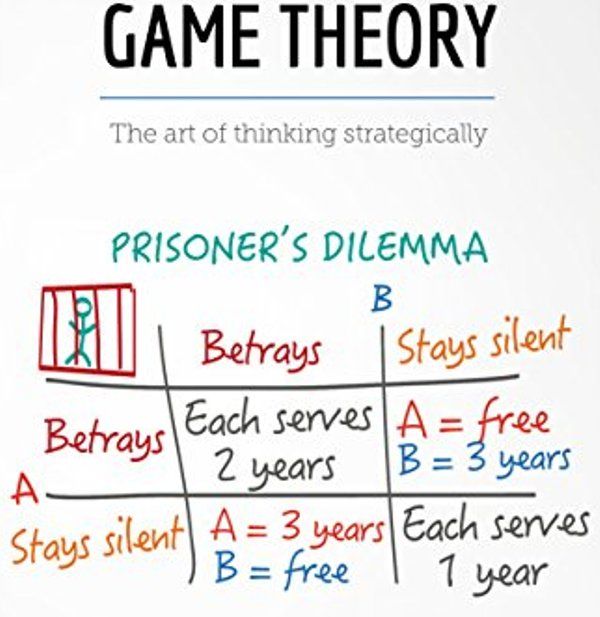
Replies (1)
More like this
Recommendations from Medial
Tushar Aher Patil
Trying to do better • 1y
Today I read article in news paper title as 'Of stolen childhood and traumas of war'. On Russia vs Ukrainian war. war complete 1000 days but nothing is normal in most of area.But when I read article at that time there is some statistics about Childre
See More
Navneet Kumar
--Building a social ... • 1y
Problem- • In India there is no gaming community that connects both gamers and game developers accross diverse games. •Mostly gaming utubers play specific games like PUBG,ff, minecraft,gta5 which lead the audience to watch and play only these type
See MoreRohit Patidar
Founder of Infinito ... • 1y
🚀 Revolutionizing In-Game Advertising - Now in Development! 🎮 I’m thrilled to share a project I’m currently working on: an in-game billboard ad platform! Imagine Google Ads, but built specifically for the gaming world. This platform will allow ga
See More

Navneet Kumar
--Building a social ... • 8m
hey guys, I recently build a small social app for the Indian gaming and game developer community where ur a game developer, designer, tester, artist or just a gamer with opinion, you can: 1.Share your progress 2.Ask for feedback on anything related
See MoreDownload the medial app to read full posts, comements and news.




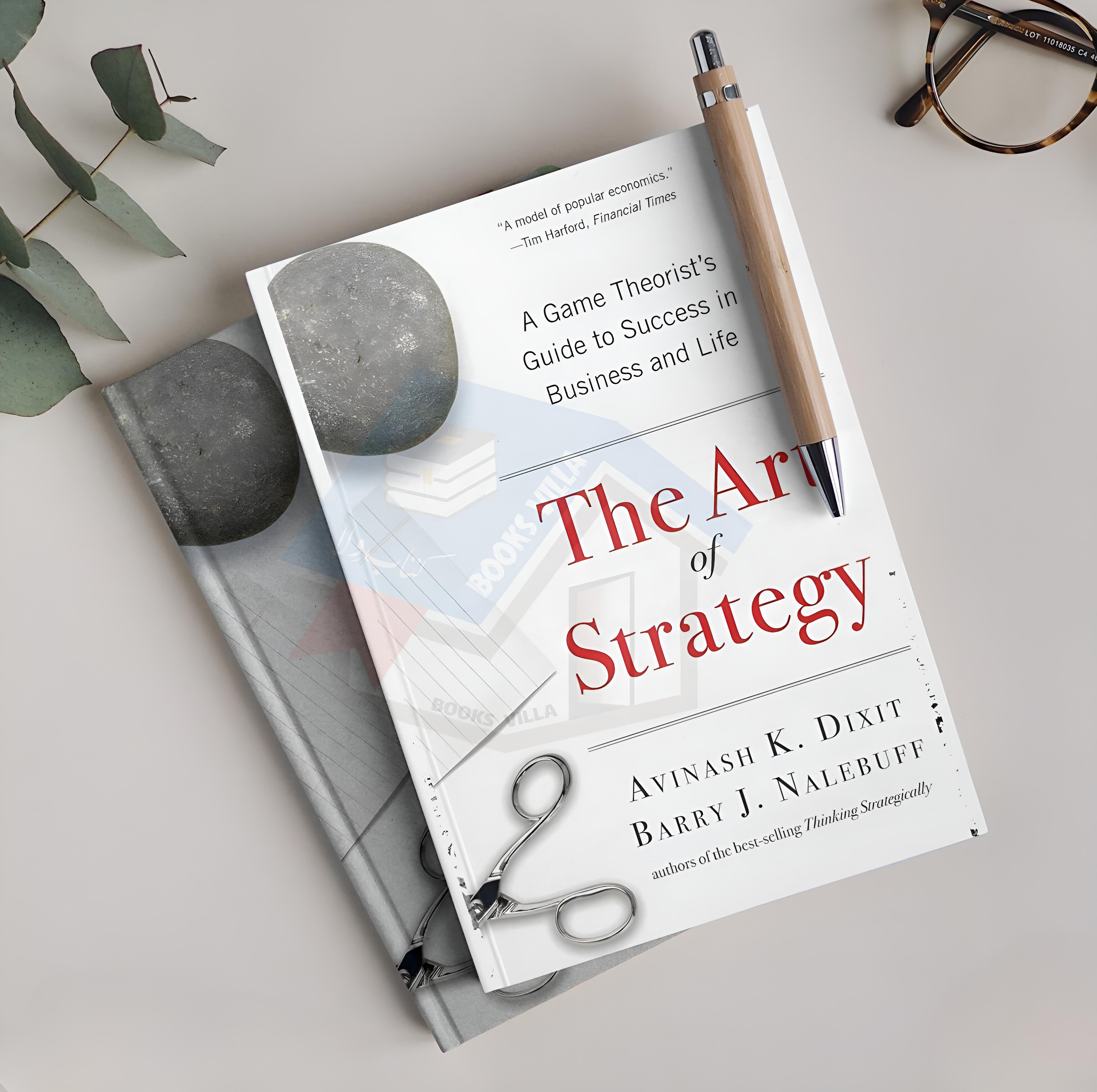

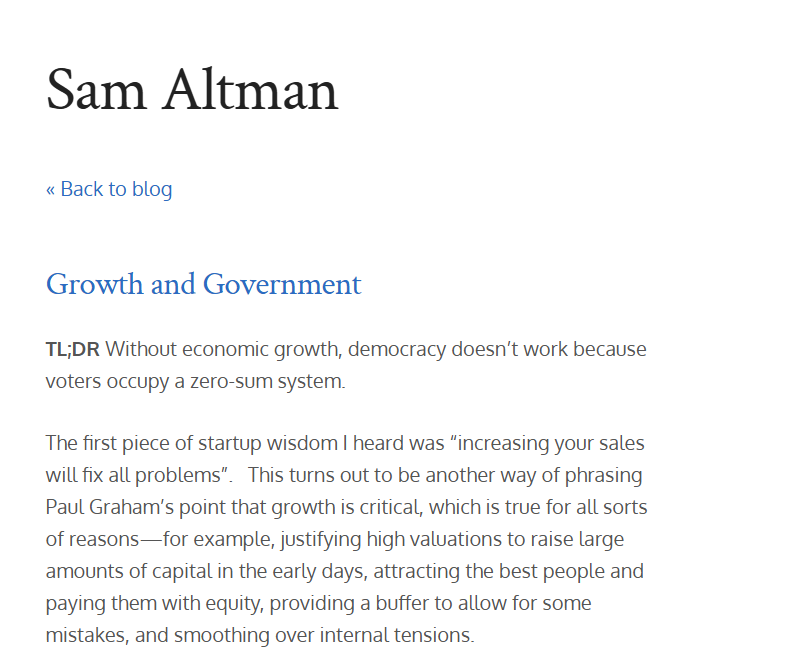









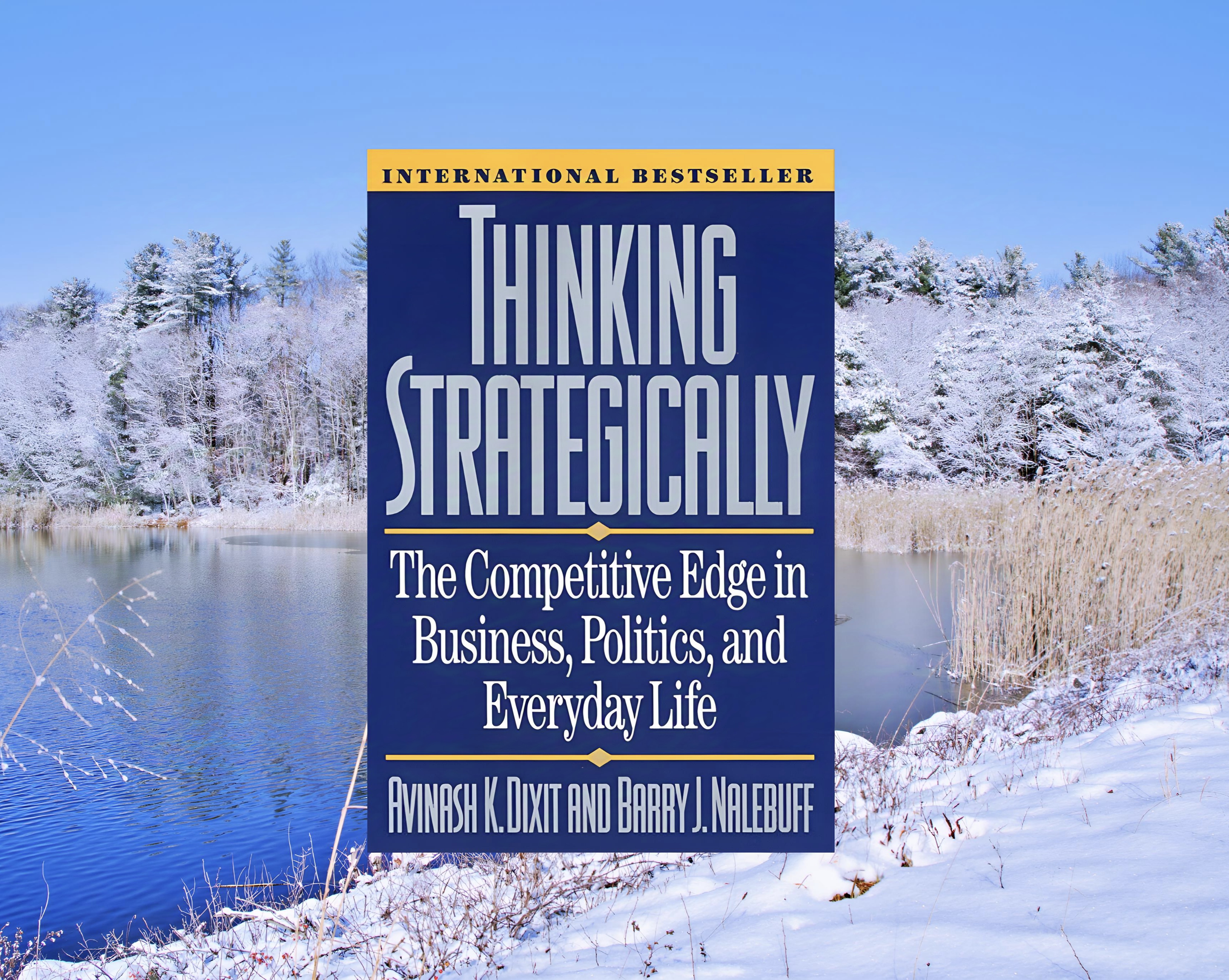

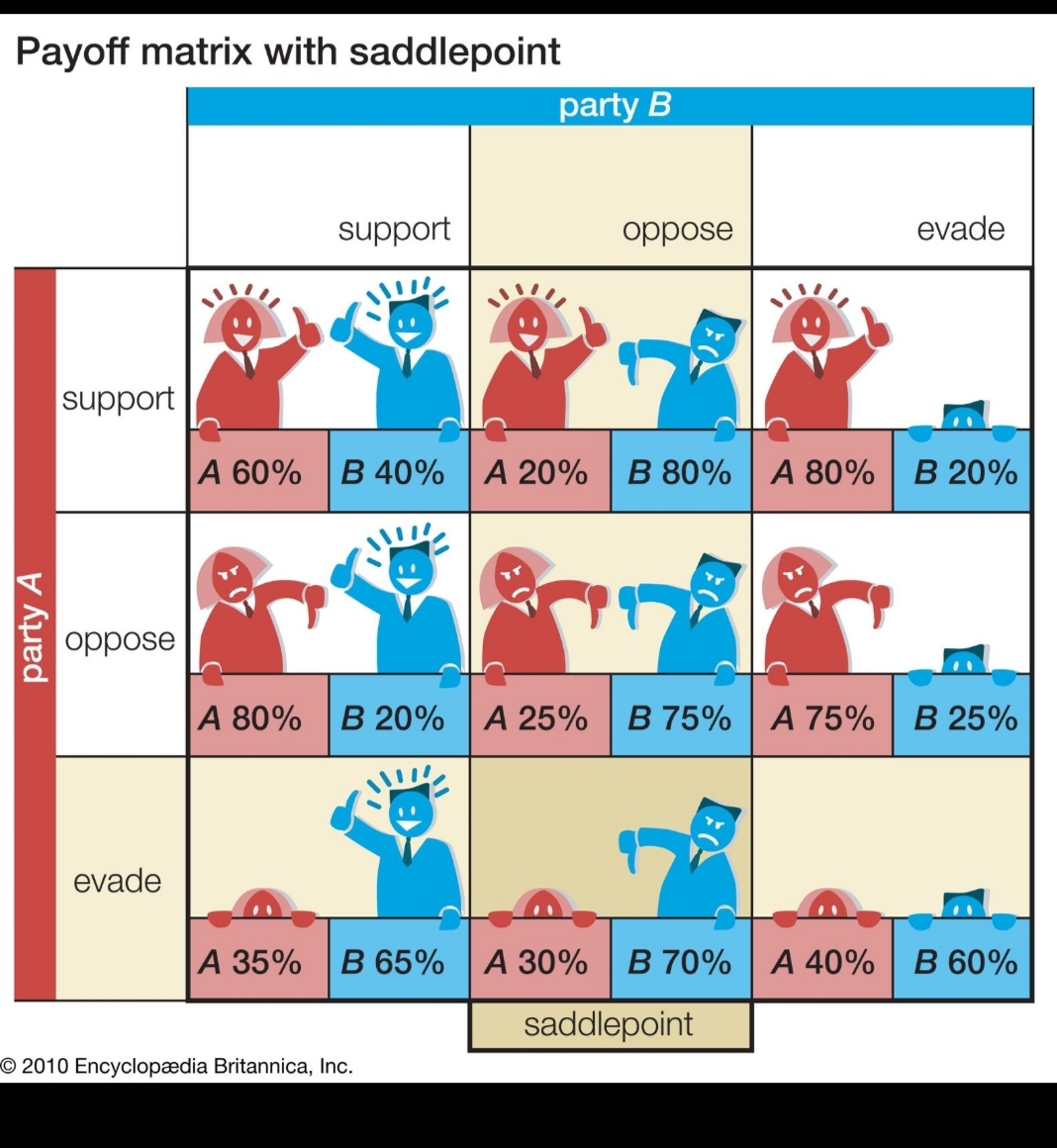

/entrackr/media/post_attachments/wp-content/uploads/2021/08/Accel-1.jpg)


















